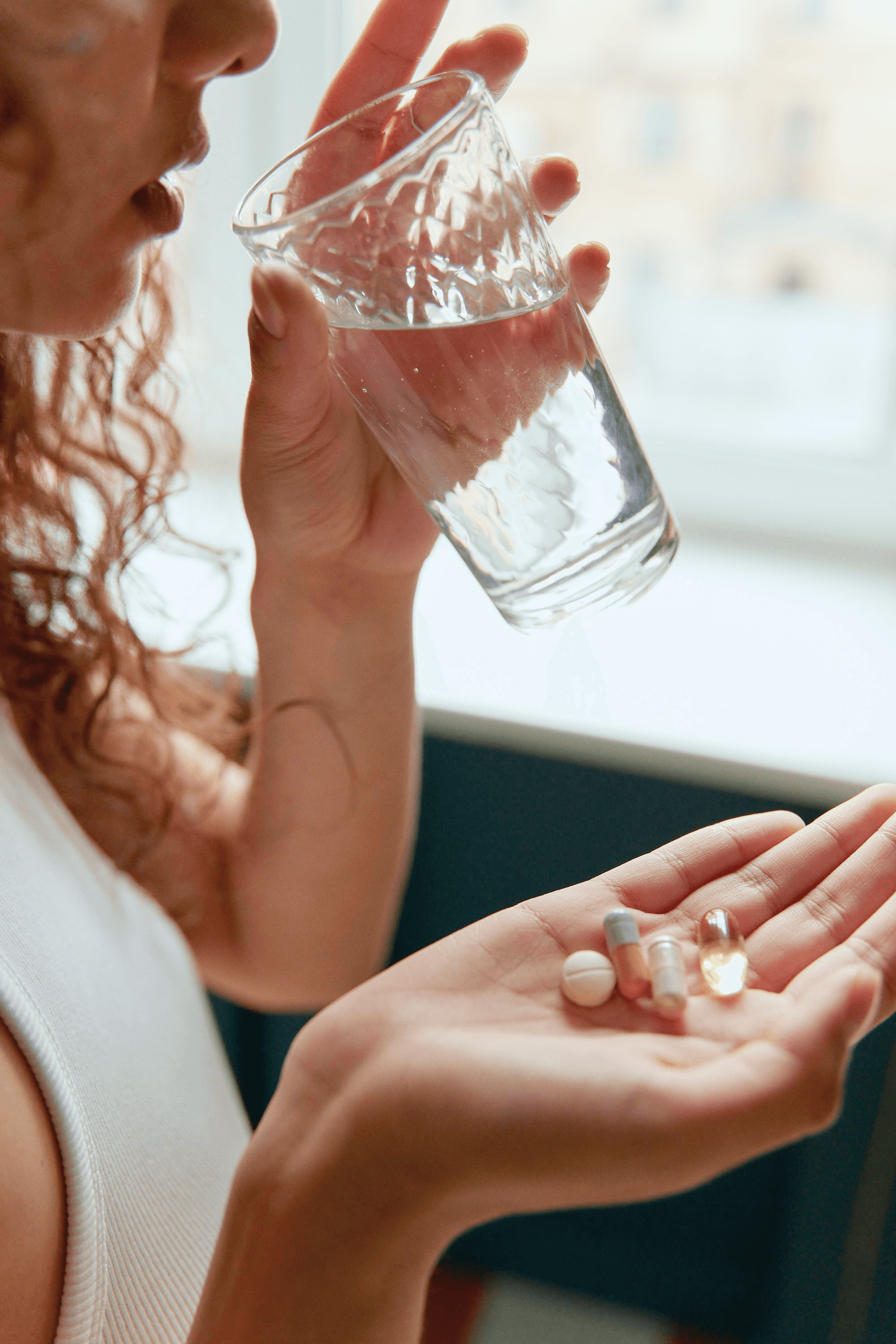Our blog
Knowledge and expertise
Fertility care explained by medical professionals and supported by evidence-based research.
Articles Recommended for You
What Is Remote Monitoring For Fertility Treatment?
Explaining why women are opting to travel for fertility care and how this works.
Brandie Bauer, RN
December 20, 2024
8 Min
Egg Freezing
Embyo Freezing
What Is Remote Monitoring For Fertility Treatment?
Explaining why women are opting to travel for fertility care and how this works.
Brandie Bauer, RN
December 20, 2024
8 Min
Egg Freezing
Embyo Freezing
What Is Remote Monitoring For Fertility Treatment?
Explaining why women are opting to travel for fertility care and how this works.
Brandie Bauer, RN
December 20, 2024
8 Min
Egg Freezing
Embyo Freezing
The fertility journey can often feel a little overwhelming, especially when faced with concerns about egg quantity and quality. How many eggs does a woman typically have, and does their quality decline over time? More importantly, how do these factors affect your chances of conception?
Elsa Fertility is here to help you understand the biological reasons behind declining egg quality, as well as the role of egg freezing in preserving your eggs. With this knowledge, you’ll feel more confident making decisions about your reproductive health.
What Happens During Ovulation—and Why Do Eggs Decline?
Ovulation is the monthly process where your ovaries release one mature egg, giving you a chance to conceive. But it’s not just that one mature egg that’s lost each month.
Before ovulation, a group of follicles, each containing an immature egg, begins to develop. Only one egg matures and is released, while the others break down and are reabsorbed by the body. This is why your egg count declines even when you’re not actively trying to conceive.
Over time, the pool of available eggs—called your ovarian reserve—shrinks.
Egg Quality vs. Quantity: Why Both Matter for Fertility
Egg quantity is not the only factor at play. Fertility depends on two key factors: quantity (the number of eggs in your ovaries) and quality (how healthy those eggs are). Egg quality refers to whether an egg has the correct number of chromosomes—23 to be exact—which makes them more likely to fertilize.
As egg quantity decreases with age, so does quality. Older eggs are at a higher risk of genetic or chromosomal imbalances, leading to issues like infertility, miscarriage, or genetic conditions such as Down Syndrome (Trisomy 21). While it only takes one healthy egg to get pregnant, the odds of finding that egg decrease as time goes on.
How Egg Freezing Helps Protect Your Fertility
Poor egg quality can lead to a higher risk of miscarriage and complications during pregnancy, such as developmental issues or genetic disorders. This decline in egg quality can also make it difficult to get pregnant, as eggs may not fertilize as easily or may not implant properly in the uterus.
This is where fertility preservation options can help. Freezing eggs allows you to preserve your eggs while they’re viable—by doing so, you can give yourself the best chances of conception when you’re ready, even if it’s still years in the future. Here are some of the benefits of egg freezing:
Quality Preservation
Freezing eggs maintains their quality—or genetic potential—based on the age at the time of freezing. This increases the chances of successful fertilization and healthy pregnancies later on in life.
Flexibility and Control
Fertility egg preservation lets you focus on personal, professional, or health-related goals without the immediate pressure to conceive. That way, you can plan for the future while taking control of your reproductive health.
Improved Pregnancy Outcomes
Preserving high-quality eggs for the future can reduce the risk of implantation failure, miscarriage, and pregnancy complications like birth defects.
Take the First Step Toward Fertility Preservation with Elsa
The fertility journey can be challenging to navigate, especially when considering the natural decline in egg quality and quantity over time. If you're concerned about your fertility or want to preserve your options for the future, egg freezing can empower you to take control of your reproductive health.
Get in touch with Elsa today. With the right support, you can make decisions that align with your goals, and have the best possible chance for family-building in the future.
Egg Freezing
Embryo Freezing
© 2024 Elsa Fertility. All rights reserved.






